SUMMARY
This is AI generated summarization, which may have errors. For context, always refer to the full article.
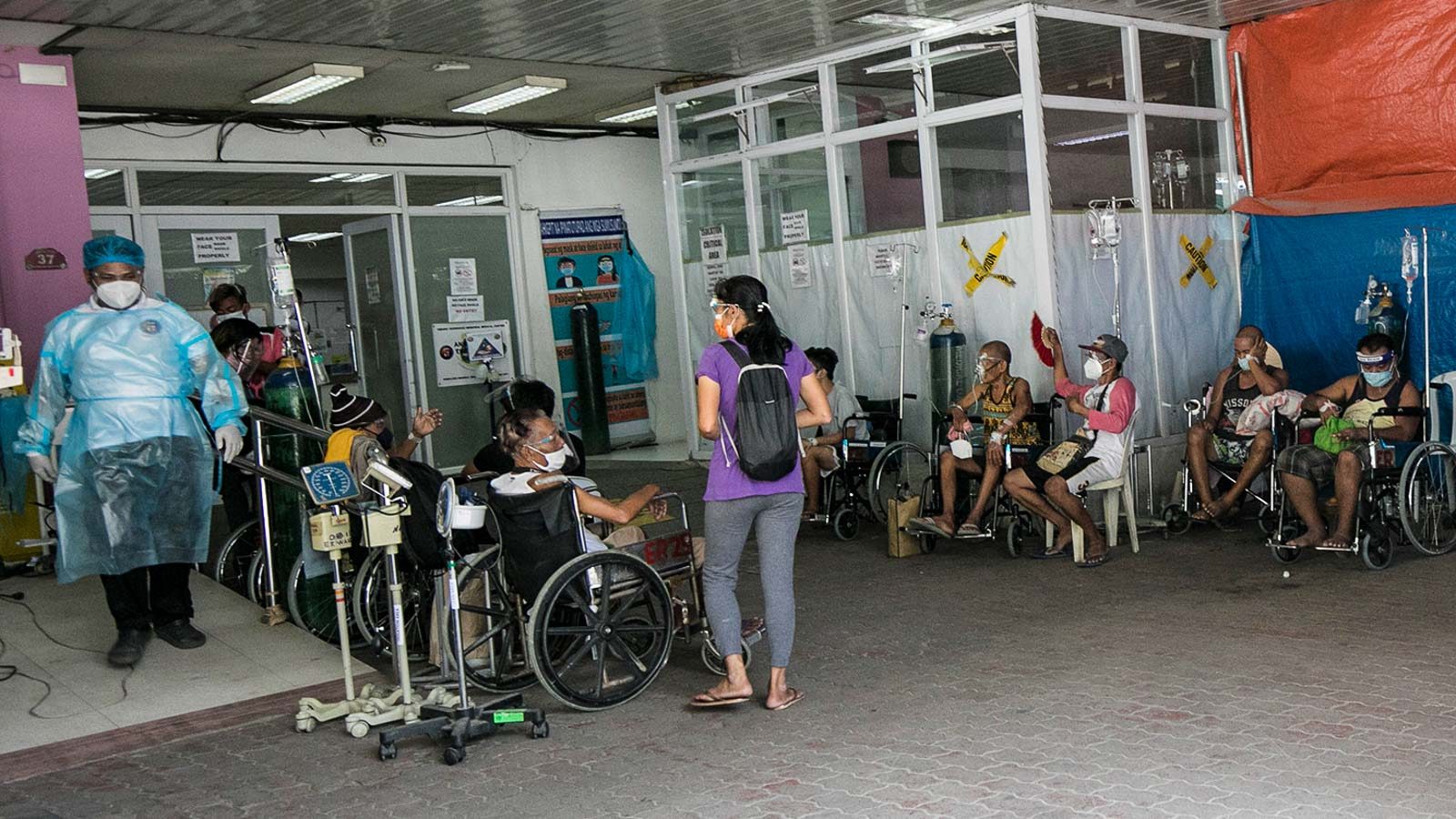
Philippine Health Insurance Corporation (PhilHealth) claims for “high-burden diseases” like cancer, diabetes, and hypertension dropped by 77% during the coronavirus pandemic – a cause of alarm for state economists due to the long-term implications.
In a webinar by the Economic Journalists Association of the Philippines on Thursday, October 28, Socioeconomic Planning Secretary Karl Chua said the drop in PhilHealth claims meant that people deferred medical treatment due to lack of resources, mobility restrictions, and the general fear of getting infected in hospitals.
Citing a study by the Philippine Institute for Development Studies (PIDS), Chua noted that claims for pneumonia, tuberculosis, stroke, and dengue declined as well.
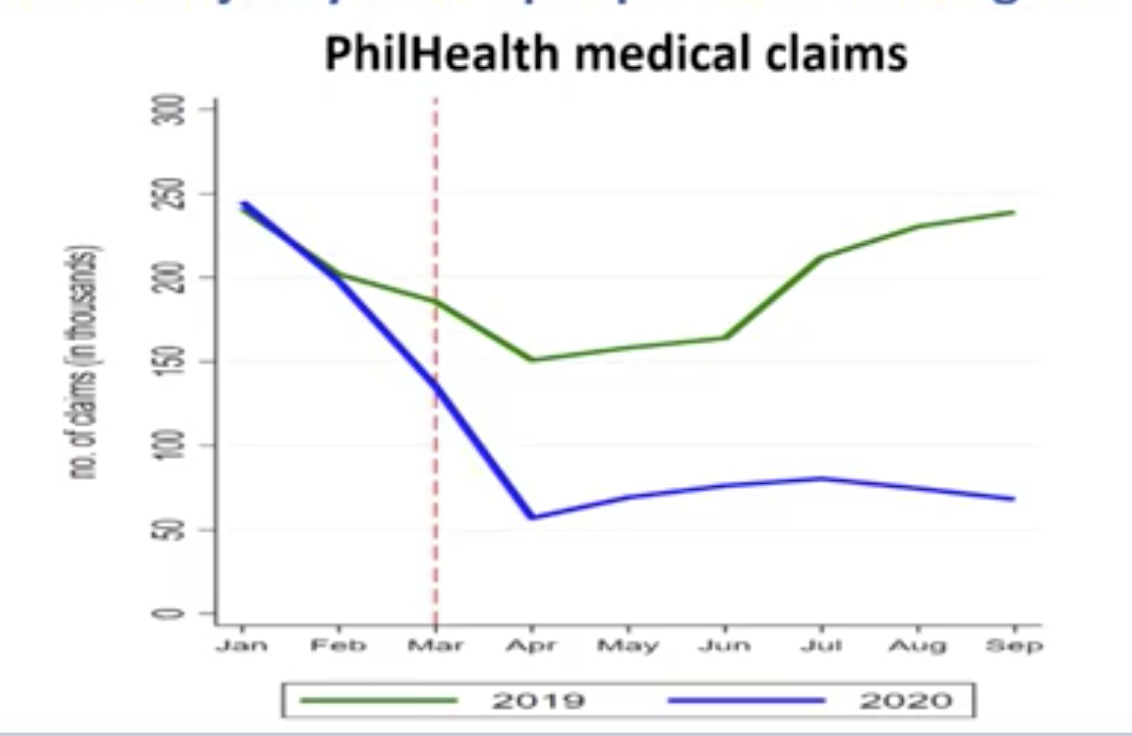
The PIDS study also cited a sharp decline in cataract removal surgery, supporting “anecdotal evidence that many hospitals temporarily halted or reduced healthcare services.”
Health insurance claims for child delivery in hospitals likewise declined during the pandemic. PIDS said the government needs to look into this, as it may mean that mothers opted for maternity clinics or even home-based deliveries.
As Filipinos defer seeking medical treatment during the pandemic, Chua said studies from the World Health Organization indicate that Filipinos’ life expectancy may be reduced by one to four years.
Life expectancy in the Philippines before the pandemic was 71 years old for men and 77 years old for women, according to the Philippine Statistics Authority.
“This results in foregone wages due to early death. Many more people will be unable to work fully due to the inability to get treatment for other diseases. These lead to lower productivity,” Chua said.
Meanwhile, those who suffered from COVID-19 also experience other health concerns like brain fog, weakness, and respiratory damage, which may lower their productivity at work.
“There are also additional healthcare costs associated with these various diseases and sickness,” Chua said.
To address these challenges in the health sector, Chua reiterated that vaccinating 70 million Filipinos by the end of 2021 is crucial. – Rappler.com
Add a comment
How does this make you feel?


![[Time Trowel] Evolution and the sneakiness of COVID](https://www.rappler.com/tachyon/2024/02/tl-evolution-covid.jpg?resize=257%2C257&crop=455px%2C0px%2C1080px%2C1080px)



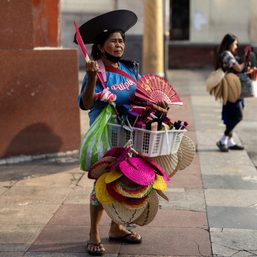
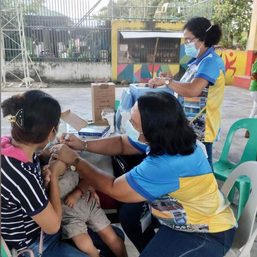
![[Free to Disagree] Sabwatan ng mga doktor at drug companies](https://www.rappler.com/tachyon/2024/04/tl-sabwatan-doktor-drug-companies-April-22-2024.jpg?resize=257%2C257&crop=292px%2C0px%2C720px%2C720px)
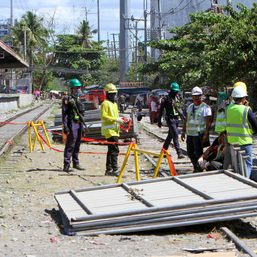
There are no comments yet. Add your comment to start the conversation.